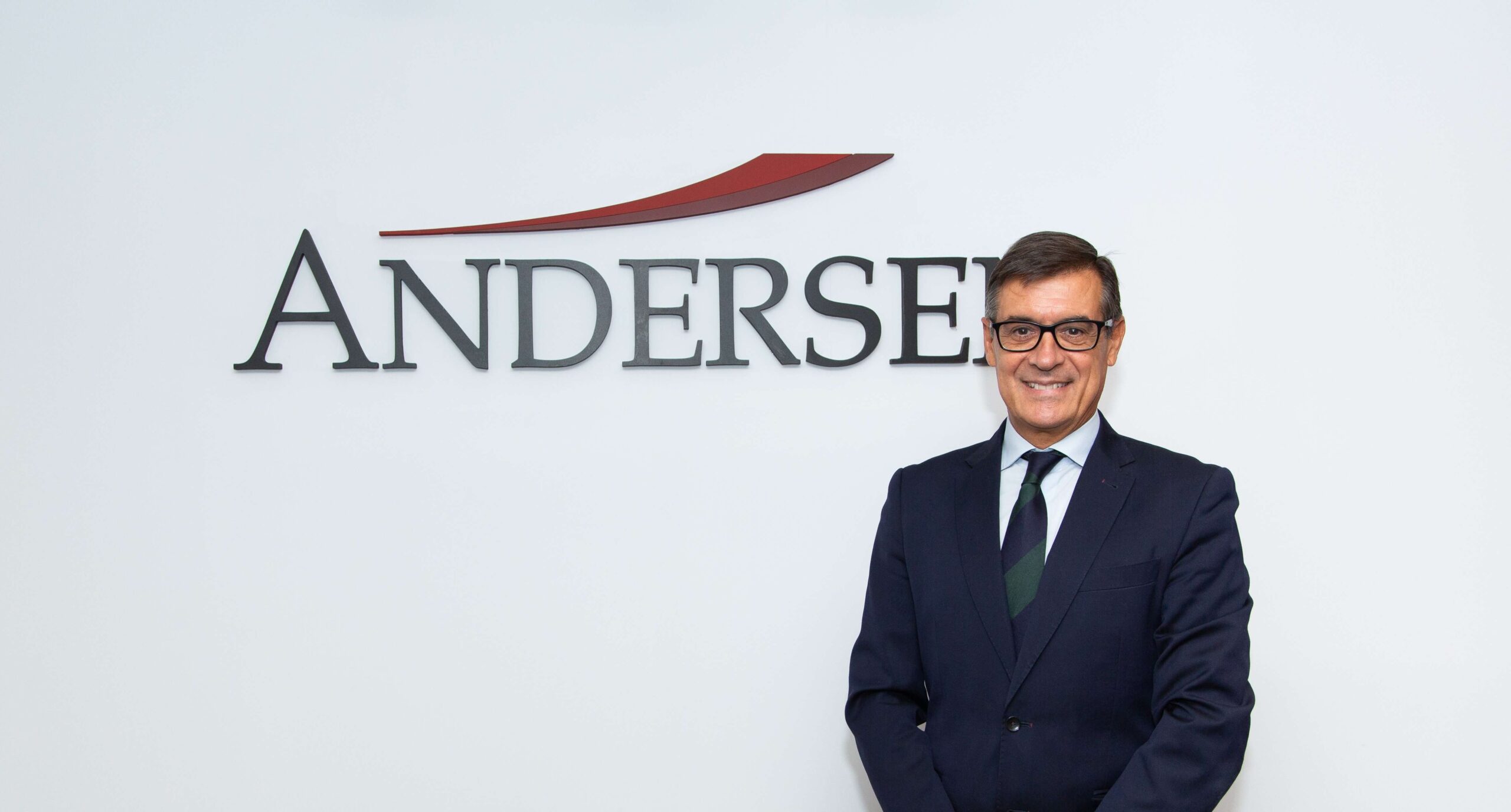The tourism sector has seen a steady increase in bookings from online agencies, especially Booking.com, which remains the leader in its field. At the same time, direct purchases generated on supplier portals continue to grow in absolute terms, due to the implementation of the do-it-yourself philosophy.
Although this belief assumes that intermediaries add little value to the customer, a large number of users are beginning to opt for online intermediation, which is achieving increasingly higher market shares.
According to data from the latest Brain Trust CS Tourism Barometer survey, 35% of travelers book through online travel agencies. Only 21% choose to visit "traditional agencies," including large chains and small and medium-sized specialist agencies, which are gradually opening up their online channels and promoting the use of their websites to both existing and new customers. The remaining 44% access the websites of airlines and hotel chains directly or contact their call centers.
At Brain Trust CS, we are going to highlight five fundamental aspects that give travel agencies' online channels a superior competitive advantage:
1. Variety and availability
When we use an online agency, the possibilities for finding the best deals are unlimited, as we have access to a huge variety of companies without geographical restrictions. Variety and availability are the real reasons that motivate travelers to choose this option, relegating brick-and-mortar businesses to a finite number of offices in each city. Therefore, the range of resources and the support of a professional, added to the conveniences offered by the digital world, constitute a winning combination. With these platforms, customers do not need to leave the comfort of their homes every time they require the services of a traditional travel agency. Online travel agencies are present in all phases of the new leisure travel consumption ecosystem: dreaming, planning, booking, experiencing, and sharing.
2. Shopping Experience
The personalization and adaptation of large amounts of data, in relation to the behavior and desires of the target audience, have contributed to greater loyalty and, therefore, an increase in adoption rates. It is worth highlighting the usability of these portals, which are designed to make the conversion funnel a truly simple process, and this is increasingly appreciated by customers who are migrating from offline to online, becoming omnichannel travelers. According to data from the Brain Trust CS Tourism Barometer, these travelers are of all ages, all income levels, all social strata, and have different levels of technological knowledge and skills, reporting a very satisfactory shopping experience.
A high percentage of these companies publish promotional coupons that act as "first purchase" offers. These are exclusive discounts, with few restrictions, which ultimately seek to win and engage new customers through positive experiences. These actions are particularly effective in smaller companies, where the repeat rate is still low and the user base needs to be expanded.
3. Price
Travel agents usually charge less for their services online, allowing travelers to benefit from this virtual advice to find the most economical destinations. Online agencies are already appearing that offer a wide range of attractive options depending on the traveler's available budget. According to the Brain Trust CS Tourism Barometer, the myth that dreaming about the destination is the first thing to do isdebunked : the report reveals thatonly 44% choose the destination first and then look for the most suitable dates and offer. However, another 45% choose the dates first and then look for the most suitable destination and offer, while another 11% look for the offer first and then, based on this, choose the dates and destination. These conclusions paint a picture of travelers who are increasingly open to different options and to real, quality advice, and who require travel agents to take a more inspiring approach, based not so much on the product as on the customer. This is a true guarantee of quality and value for money that the "do-it-yourself" approach does not always manage to provide.
4. Technology
OTAs run hundreds of A/B tests, a procedure that allows them to compare two versions of the same web page to see which one works best. They often have several sites running at the same time, with the aim of identifying whether their customers are being offered the content, features, and level of service they expect. This increases relevance, giving them a huge competitive advantage over direct purchasing. Online agencies seek, above all, operational efficiency through technology and automation.
5. Positioning
Digital agencies invest a lot of money in positioning themselves in search results, which gives them greater visibility. Online marketing campaigns, focused on creating and promoting brand awareness, as well as those aimed at boosting sales, are constantly optimized so that users always have access to all kinds of reviews and recommendations. Improving landing pages, using dynamic pages, and remarketing actions are part of their daily strategy.
In conclusion, we can say that online agencies offer added value in the form of the perfect blend of technical expertise and advice, combining travel sales professionals and technology, which is attractive enough for travelers to choose this option. At Brain Trust CS, we understand travelers, their needs, habits, and behaviors, and we help intermediaries better understand their challenges and opportunities by designing strategic plans for the future, using the best methodologies to successfully tackle the digital transformation of the different points of contact with the target users, making their business model a sustainable system over time.
Angel Garcia Butragueño
Director of Tourism Consulting
Brain Trust CS









